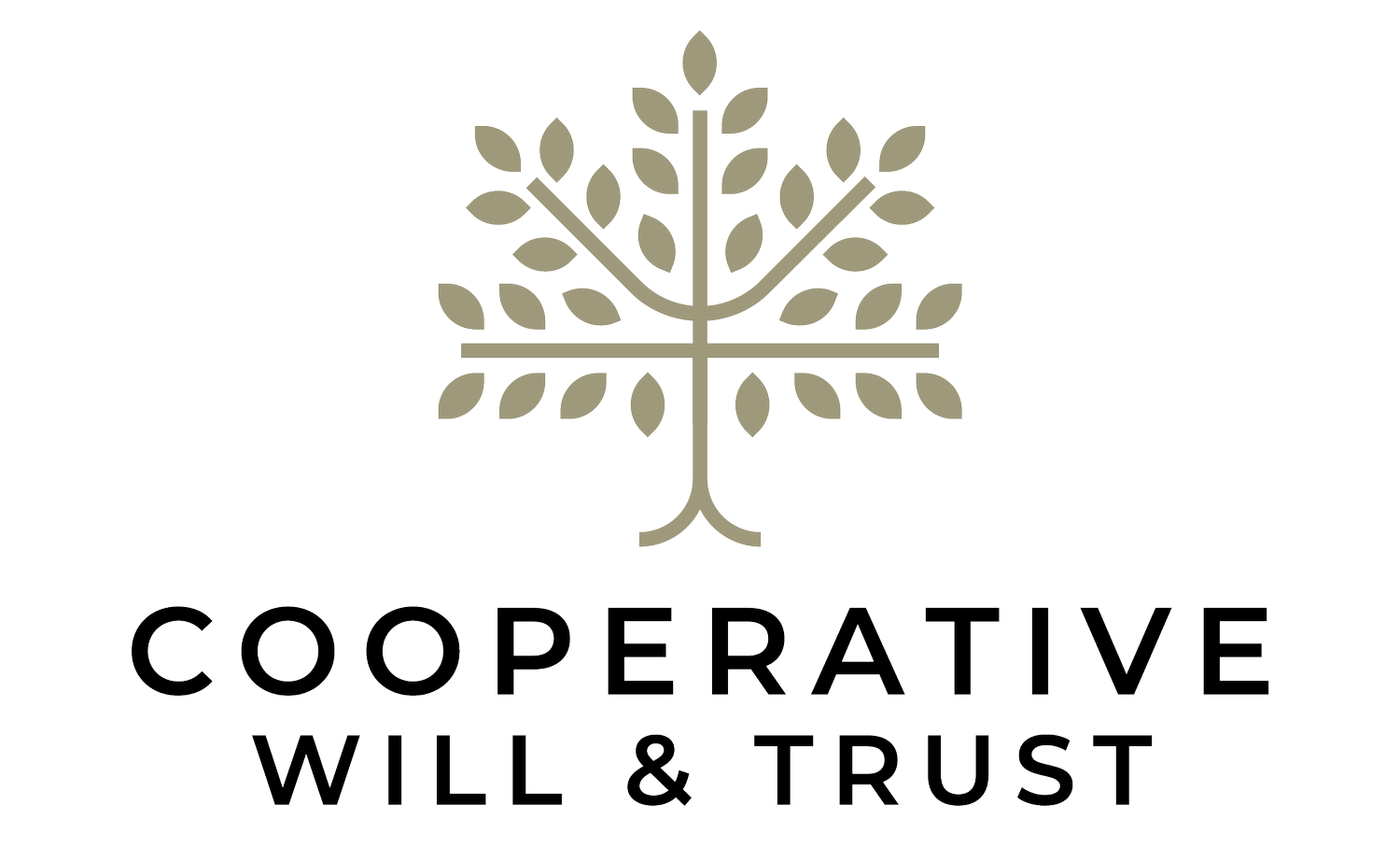Common Language in Estate Plans
Estate Plans have a lot of legal jargon. Understanding these terms will help you understand your estate plans and options. Below is a plain-language guide to the most common definitions.
1. Personal Representative
A Personal Representative is an individual appointed by a Court to manage your financial affairs after your death. This person is responsible for:
Collecting and safeguarding your assets
Paying debts or taxes owed by your estate
Distributing what remains to your beneficiaries according to your Will
Most people choose their spouse or a trusted family member. A person will move past “nomination” and be “appointed” as personal representative when the court approves them during the probate proceedings. You should also nominate a successor Personal Representative, a backup person in case your first choice cannot serve.
2. Beneficiary
A Beneficiary is a person or organization who receives a benefit, such as assets, from your estate. In a Will or Trust, you can designate beneficiaries for specific gifts (like a piece of jewelry or a sum of money) or for a percentage of your estate.
3. Trustee
A Trustee is the person who manages the property held in your trust for the benefit of you and your chosen beneficiaries. The trustee’s duties can include:
Handling investments and accounting
Paying for beneficiaries’ needs (education, healthcare, living expenses)
Distributing assets according to your instructions
In a Revocable Living Trust, you usually serve as your own trustee until you die or become incapacitated. After that, your Successor Trustee takes over. In a Will, a provision can be included to create a trust (called a “Testamentary Trust”) allowing the trustee to manage any funds left to minor children or other beneficiaries until they reach the age you specify.
4. Age of Distribution (or “Termination Age” for Children’s Trusts)
This is the age at which your children or other beneficiaries will receive their inheritance outright (directly in their own name) instead of having the trustee manage it. The minimum age is 21, but you can set a later age if you’d prefer. Many parents choose an age when they believe their child will be financially responsible.
5. Guardian
If you have children under 18 and neither parent can care for them, you can name a Guardian to care for them. The Guardian takes over day-to-day care and physical custody. This person works with the Trustee to make sure funds are available for your children’s ongoing needs. You should also name a Successor Guardian as a backup.
6. Specific Gifts
Specific gifts are items or amounts of money you leave to a named person. Examples include:
“$500 to my friend Robert Smith”
“My grandmother’s pink china to my niece Jane Doe”
Whatever remains after these specific gifts are distributed is called the “residue” of your estate.
7. Residue
The Residue is everything left in your estate after debts, taxes, expense, and any specific gifts have been paid or distributed. In your estate plan, you decide you leaves the residue, often by stating percentages for multiple beneficiaries (for example, “50% to my spouse, 25% to each child”).
8. Successor Roles
For all key positions: Personal Representative, Trustee, and Guardian, you should name a successor. This ensures your wishes are followed even if your first choice cannot serve. If you don’t name a successor, the court may appoint someone.
